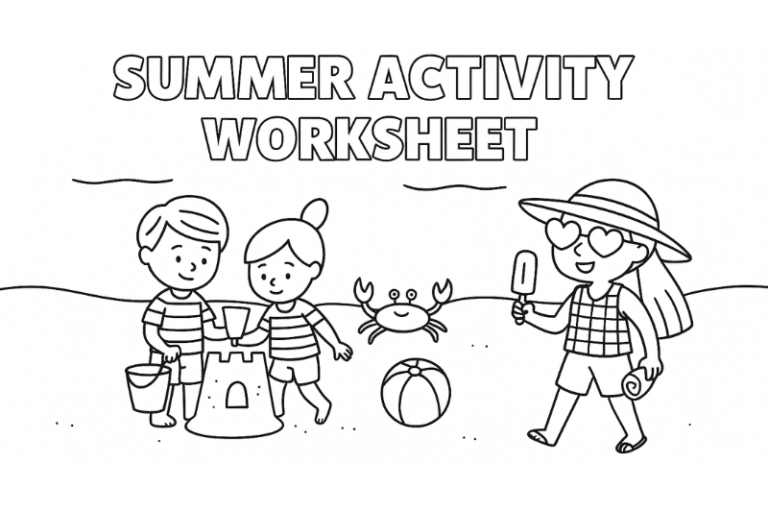When should children learn to read and how can parents encourage kids to read?
Learning to read is a significant milestone in every child’s academic journey. But when is the right time for children to start learning to read? And how can parents create a conducive environment for children to want to read?
There are several benefits to learning to read early. However, it is important to note that all children develop at their own pace, so it’s essential to allow the child to progress at their speed and not to push them to read early if they are not ready.
There is no exact age or time because all children develop at their own rate.
But how do you know if a child is ready to learn to read?
Signs that a child may be ready to learn to read
- If your child is interested in letters and words, it might indicate they are ready to learn to read. They may ask what letters say or want to write down their name.
- If a child knows the letters of the alphabet, it is a good start for learning to read. They need to distinguish between the letters and know what they are called.
- Being able to sit still and listen to a story is an important skill for learning to read. It helps the child concentrate and focus on the letters and words.
- If a child can draw or write their name, they have begun to develop the fine motor skills needed for writing and reading.
It is important to note that all children develop at their own pace, so reading is not necessarily something that all children are ready for at the same age.

Encouraging reading in children
It is important to create a fun and relaxed environment for reading. By encouraging and supporting the child’s interest in letters and words, parents can help develop their reading ability.
Every child is different, and what works for one child may not work for another. To get started in the right way, you should determine your child’s current reading level.
Once you have that starting point, you can begin to identify their interests and choose books and activities that keep them engaged in reading.
Try to create an environment where reading is seen as a pleasure rather than a chore – and gradually develop this as your child gains more knowledge.
You can do this by choosing books with topics they enjoy, such as funny stories or tales about animals they like.
Over time, they will associate reading with positive experiences and be encouraged to read!

Use technology with reading activities
Getting started with reading can feel challenging – but there are some things you can do to make it fun!
Read-aloud books: Read with supporting elements such as animated text and audio. Taking turns reading can also make stories come to life and help children practice language flow.
Webtoon: Comic books used to be how many older kids developed their reading skills, today Webtoon’s serve the same purpose.
Audiobooks: With audiobooks, your child can hear how words sound and how they are pronounced in context without needing to read yet.
Audiobooks have even been shown to improve vocabulary and comprehension!
Practice and repetition
Reading should be a daily habit, and the more opportunities your children have to read, the better.
Research suggests that just 10 minutes of reading per day significantly enhances a child’s literacy skills!
This repetition will help reinforce what your children have already learned and aid them in better-understanding words and their meanings.
Learning to read early can have several benefits for a child. However, it is important to note that all children develop at their own pace, so it is not necessarily something that all children are ready for at the same age.
By encouraging and supporting the child’s reading, whether early or later, parents can help them develop a love for reading.



